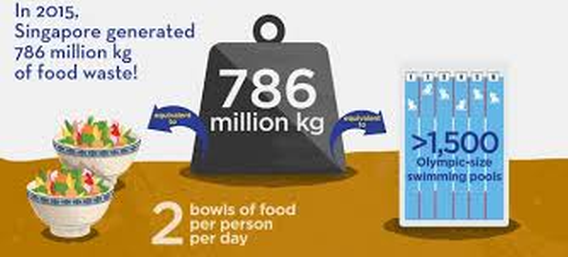In the business of language, the easiest thing to do is to either affirm the uniqueness of things or to highlight their differences. “Yes, he’s a magnificent brawler in the ring” or “True, he’s hopelessly incompetent as a public speaker” are such quick affirmations, and so are “Oh, my God, she’s beautiful!” and this timeworn metaphor on beauty, “It was the face that launched a thousand ships.” The logic in contrasting things is likewise easy to grasp. For instance, the extreme comparatives in “The villain was uglier than the Devil himself” or “The aureole of the nuclear blast was brighter than a thousand suns” are immediately understandable because both of their referents—“the Devil” and our “sun”—are all-too-familiar symbols in our psyche.
Is the equation of comparable things in the statement above
based solely on comparable attributes?*
When it comes to declaring the equality of things, however, we stand on shakier ground. There simply are no hard-and-fast rules to stating perfect equivalence, particularly among intrinsically different things. For instance, even if we believed it to be true based on personal taste and experience, to say “The mango is as delicious as the apple” or “Summers in Cebu are as restful as those in New Orleans” is bound to make our readers or listeners scratch their heads in wonder. As the linguists will say, the semantic polarities of the two statements are suspect, perhaps altogether anomalous. This is because equating different things, as opposed to directly measuring, say, length with a meter stick or popularity with a Pulse Asia or Social Weather Stations survey, needs more discernment, a greater capacity for rational judgment, and a deeper knowledge of what the audience—our readers or listeners—know about things in general and about us.

We are therefore well advised to avoid the lure of what the linguists call cross-polar anomalies in prose, whether ours or those of others, and no matter how deceptively elegant and tempting they may look, sound, and feel. Cross-polar anomalies are those semantic constructions that seem logical on first blush, but often border on the meaningless and absurd, like these sentences: “An economist is safer for the presidency than a corporate lawyer is dangerous.” “A former military officer is abler for public governance than an actor is unfit.” “Our patience for religious charlatans is longer than our tolerance for incompetent public officials is short.” Somewhere in the deep recesses of such failed comparisons, or faulty equatives as the linguists call them, the truth that we thought we saw has been hopelessly lost in construction.

The general rule in equatives is that comparisons formed out of the so-called “positive” and “negative” pairs of adjectives are semantically anomalous. In the cross-polar constructions given in the preceding paragraph, for instance, these pairs of adjectives or noun phrases betray that anomaly: “safer”/“dangerous,” “abler”/“unfit,” and “longer patience”/“short tolerance.” All three are as absurd as the proverbial wrong equatives about the taste, texture, and nutritive value of apples and pears.
How do we avoid such conundrums, which is the term linguists use for such intricate and difficult semantic problems that, from the layman’s standpoint, actually amount to vexing riddles? For practical purposes—and never mind what the metaphysicians and the political and religious spinmasters say—we should only go for equatives that respect the norms of logic and reason. This means that we should only equate comparable things, with the equation based solely on comparable attributes. The more useful equatives from our standpoint as laymen, in fact, are those that equate the absolute projections of two subjects on the same scale.

Here’s one sentence that meets that criterion: “The depth of the ravine into which the wayward bus fell is as great as the height of a three-story building.” Here, the two subjects being equated are “the depth of the ravine” and “the height of a three-story building,” and the common scale they are being measured against is length; the equation can be easily understood and accepted based on common sense and, for the cynic, verified by actual measurement with a meter stick. The same thing can be said of this other sentence, which focuses this time on area as a common scale: “The land area of Egypt is practically as big as that of Bolivia, but the productivity of their soil is markedly different.” (To the cynics, Egypt has 1,001,450 sq. km. to Bolivia’s 1,098,581.)
Once this concept of scalarity becomes second nature to us, we can be more ambitious in our equatives without fear of bungling them, as in this sentence: “The meteor formed a huge and deep hole upon impact, a perfectly circular crevice as big as the small town of San Juan in Manila and as deep as the height of the Sears Tower in New York.” That horrifying statement is fictitious, of course, but there can be no doubt about the authenticity and scalarity of its equatives.
(2004)
This essay, 344th in the series, first appeared in the column “English Plain and Simple” by Jose A. Carillo in the March 2, 2004 issue of The Manila Times
, © 2004 by the Manila Times Publishing Corp. All rights reserved.---------
*Although this illustration and its accompanying comparative statement are widely used in various references on the web, their original source has not been identified and found.